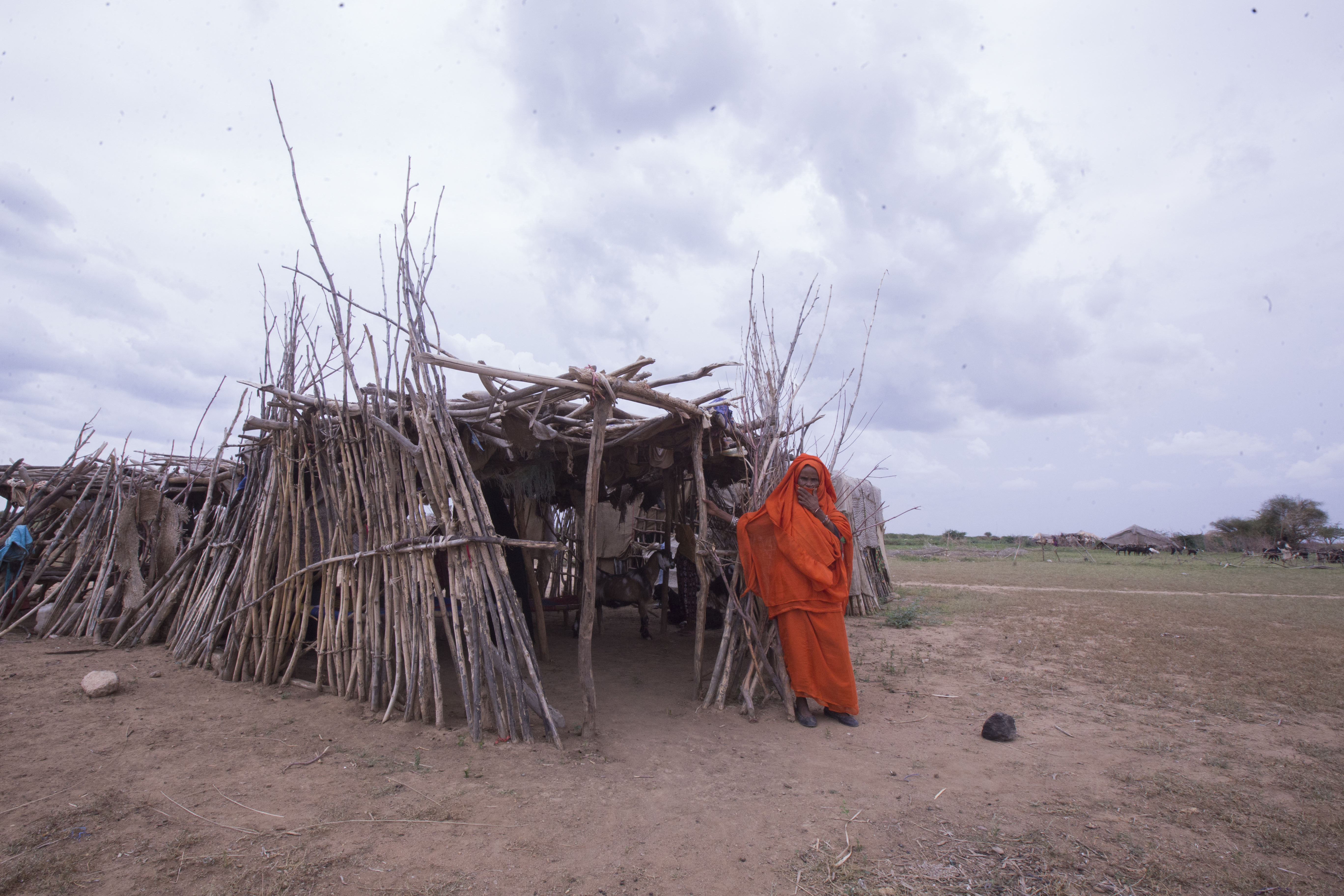Khartoum/Rome – The Food & Agriculture Organization of the United Nations (FAO) warns about a looming food crisis in Sudan driven by the combined impacts of armed conflict, low production of key staple crops & economic turmoil.
A multi-partner Integrated Food Security Phase Classification (IPC) analysis, issued today & conducted between March & April 2022, involving 19 agencies, including several government departments, specialised UN agencies, & local & international non-government organisations, indicates a significant deepening in Sudan’s food crisis. A record 11.7 million people, almost a quarter of the country’s population, are projected to be facing acute hunger at the height of the lean season in September— an increase by nearly 2 million people compared with the same period last year.
Western, Northern, & Central Darfur, Khartoum, Kassala & the White Nile States — hardest hit by conflict & economic decline— host the highest caseload of Crisis (IPC Phase 3) & Emergency (IPC Phase 4) levels of food insecurity during the projection period from June to September 2022.
“These troubling numbers are the clearest indication of the deteriorating food security conditions in the country,’’ said Babagana Ahmadu, FAO Representative to Sudan. “To prevent more people from slipping into crisis & emergency conditions & stave off a looming food crisis, it is imperative that we double down on investments in local food production to ensure farming & herding families can feed themselves & their community in the coming months.”
The first half of 2022 marked the height of the country’s political crises, economic meltdown & external factors such as the war in Ukraine. The analysis indicates conflict as one of the key drivers of food insecurity, along with economic decline, hikes in food prices, & poor harvests due to unfavourable weather conditions. In fact, the harvest for the 2021/22 season is expected to drop by over a third compared to previous seasons.
The war in Ukraine is further exacerbating food situation in Sudan, which is dependent on wheat imports from the Black Sea region. An interruption in the flow of grain into Sudan will raise prices & make wheat imports more difficult. Prices of wheat from the Black Sea region are currently over $550 per tonne, representing a 180 percent rise compared with the same period in 2021.
FAO continues to scale up its assistance to farmers & herders in rural areas &, through the end of the year, will assist more than 2 million people with a range of interventions supporting crop, livestock & vegetable production, cash transfers & the rehabilitation of vital irrigation infrastructure & systems.
“More funding is urgently needed to continue scaling up our agricultural livelihood interventions immediately as the main agriculture season in Sudan now begins,” said Ahmadu.
FAO is urgently calling for at-scale action, including increased funding, to address the sharp rise in food insecurity & to save lives, livelihoods & prevent a worse hunger crisis in the country.
The Integrated Food Security Phase Classification (IPC) is a set of tools & procedures to classify the severity & causes of acute food & nutrition insecurity as well as chronic food insecurity based on international standards. The IPC analysis in Sudan is led by the Food Security Technical Secretariat of the Ministry of Agriculture & Forests of Sudan with the technical working groups composed of all government line ministries, United Nations agencies, & non-government partners & members of the IPC technical working groups at federal & state levels facilitated by the IPC Regional & Global Support Units.
来源:农粮组织 FAO
You can Submit Press Release on this site!

